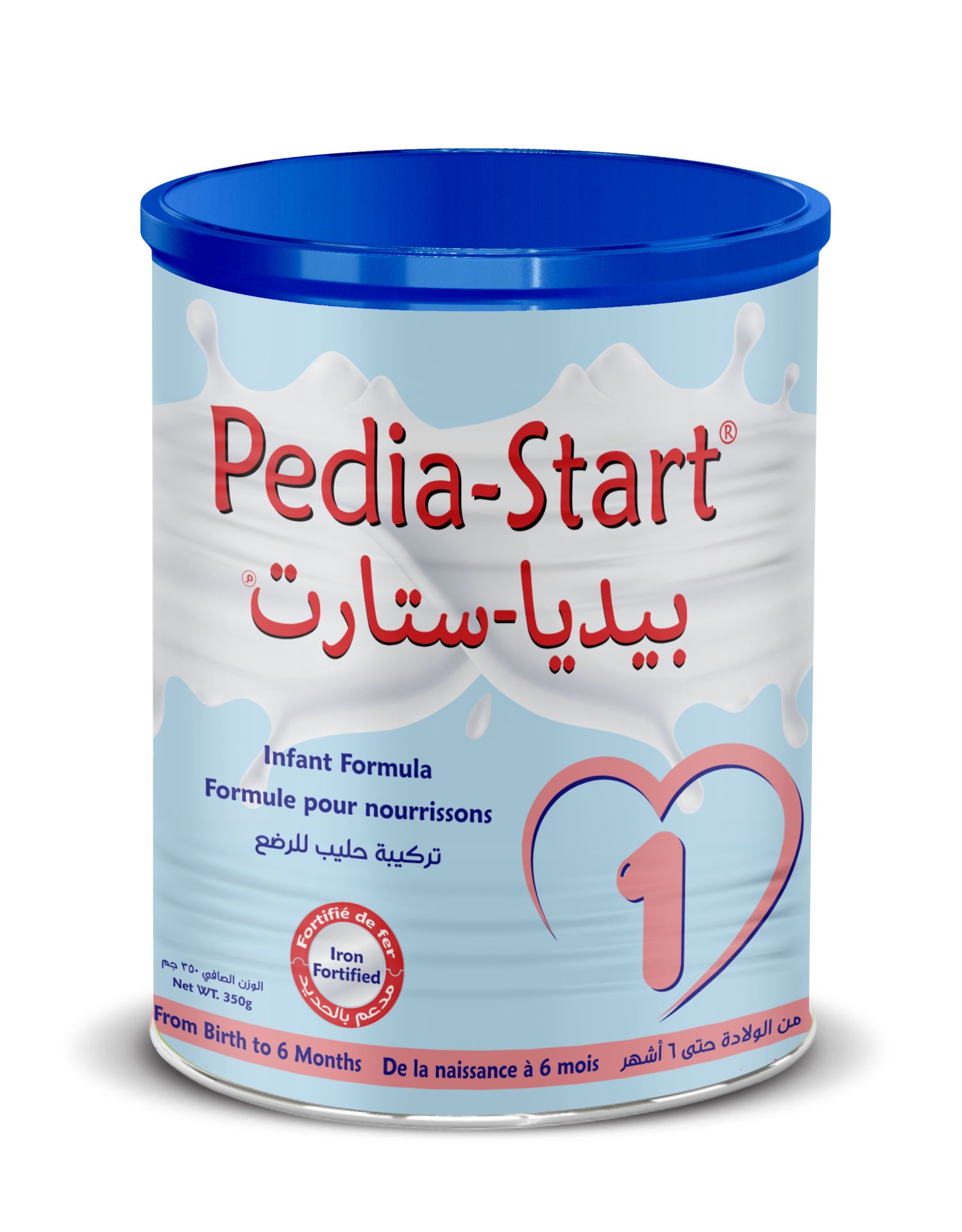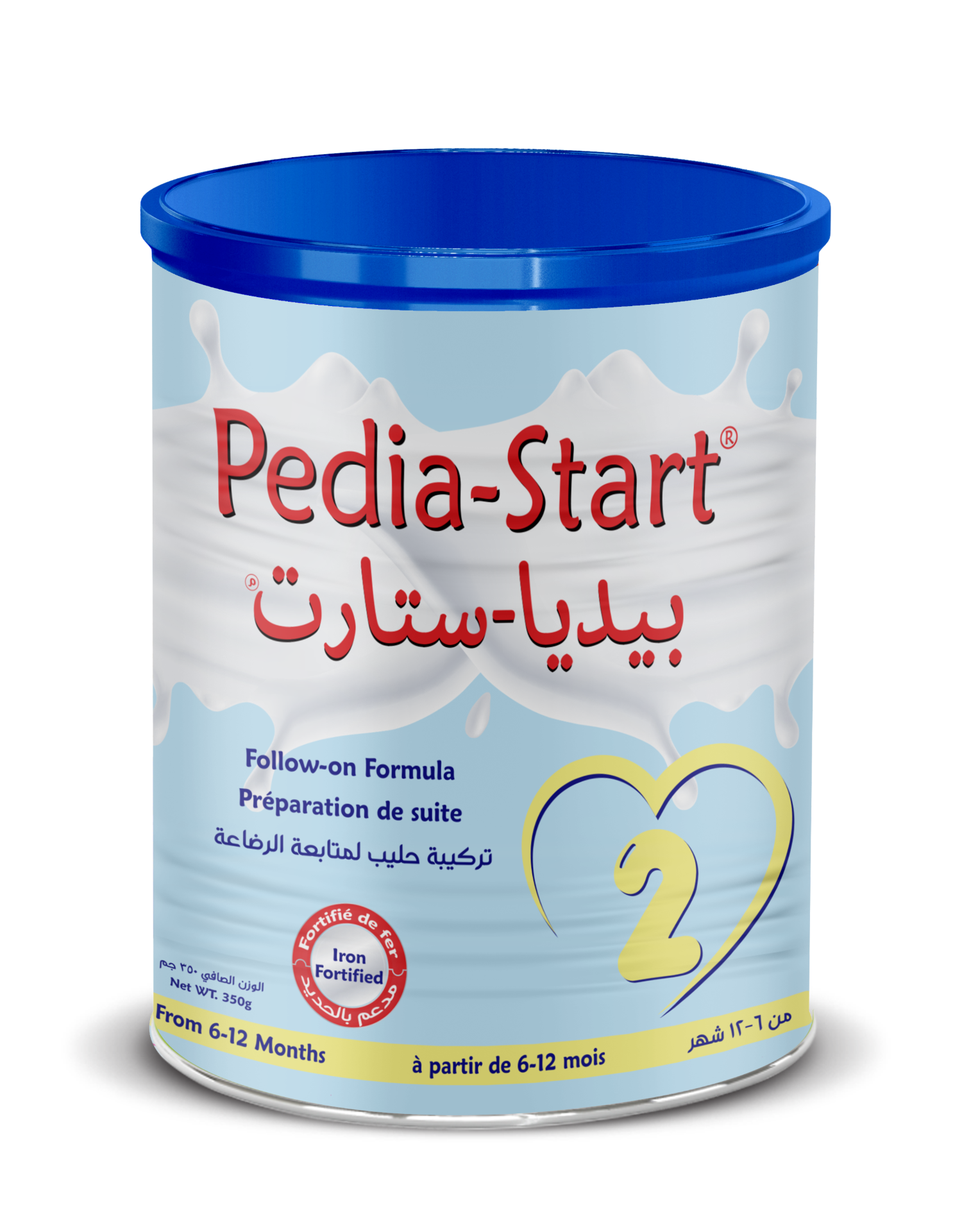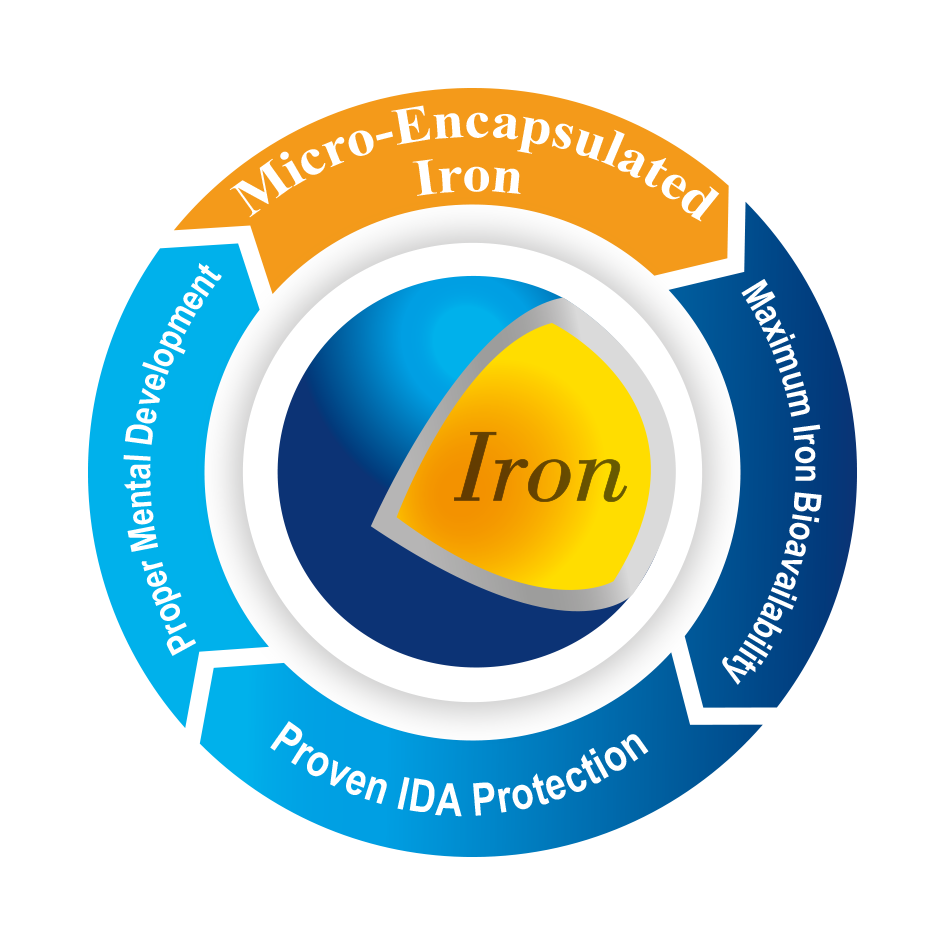Pedia-Start®Ingredients

Pedia-Start® 1

Pedia-Start® 2

Pedia-Start® is the highest quality infant milk formula with Micro-encapsulated Iron for maximum iron bioavailability, proven iron deficiency anemia protection and proper mental development.
Lactose
Lactose is the main sugar in Human milk
Lactose plays a role in promoting healthy gut bacteria, insulin regulation, and the growth of gut antimicrobial factors.
Sodium (Na)
Sodium helps regulate water balance in cells and stimulate immune function, muscle contraction, nerve function, and more.
Potassium (K)
As an essential cation in intracellular fluid, potassium is one of the most important minerals to support healthy growth and development of infants, because potassium is critically involved with acid-based balance function, osmotic pressure regulation, nerve impulse conduction and muscle construction.
The international standard for infant formula set by Codex Alimentarius Commission (CAC) has a strict requirement of the essential composition and nutrition content of Potassium.
Chloride (Cl)
Chloride is an essential nutrient for growth and development in infants. Chloride deficiency can lead to hypochloremic metabolic alkalosis (HMA).
Calcium (Ca)
Calcium is a mineral most often associated with healthy bones and teeth, although it also plays an important role in blood clotting, helping muscles to contract, and regulating normal heart rhythms and nerve functions.
Phosphorus (P)
Essential in Bone building and development as Most of the body’s phosphorus (85%) are stored in bone.
Essential for bone mineralization.
Magnesium (Mg)
Magnesium plays an important role in nerve and muscle function and helps to maintain normal blood pressure. It also helps your baby build strong teeth and bones.
Iron (Fe)
Iron is an essential mineral for mental and nervous development also to prevent against Iron Deficiency Anaemia.
Zinc (Zn)
Zinc has an important and well-established role in immune function and growth.
Vitamin A
When a baby is born, they have only minimal stores of vitamin A, but they need lots of it to develop their vision, double their size quickly, and build a strong immune system.
- Vitamin A deficiency is one of the leading causes of preventable blindness
- Insufficient vitamin A also increases the risk of death or severe symptoms from things like diarrhea or the measles.
Vitamin B12
Infants need vitamin B12 for supporting brain development and producing healthy red blood cells. Infants who do not get adequate vitamin B12 can become deficient. If left untreated, vitamin B12 deficiency in infants can lead to permanent brain damage.
Vitamin C
Vitamin C is an essential nutrient that supports immunity and collagen production. It also functions as an antioxidant, and it is essential in iron absorption
Vitamin D3
Vitamin D helps your child build strong bones and prevent rickets. Rickets is a condition of softening of the bones that can occur in growing children.
L-Carnitine
US FDA recommended in 1998 that carnitine be added to infant formulas at levels similar to breast milk.
L-Carnitine is a compound used by mitochondria (the powerhouse of cells) for processing of fats for energy.
Choline
Choline supports the improvement of concentration, learning skills, attention and memory as the part of the brain responsible for learning and memory, known as the hippocampus, continues to develop for years after birth. Choline benefits the development of the hippocampus during these years.
Taurine
Taurine may also have important roles in supporting Brain & Retinal Development also protecting nerves from damage, especially in the eyes and ears as Taurine is an amino acid that helps infants absorb fat from the gastrointestinal tract.
Linoleic Acid and Alpha Linolenic Acid at Optimal Acid ratio 10:1
Essential Fatty Acids for proper Brain and Visual Development.